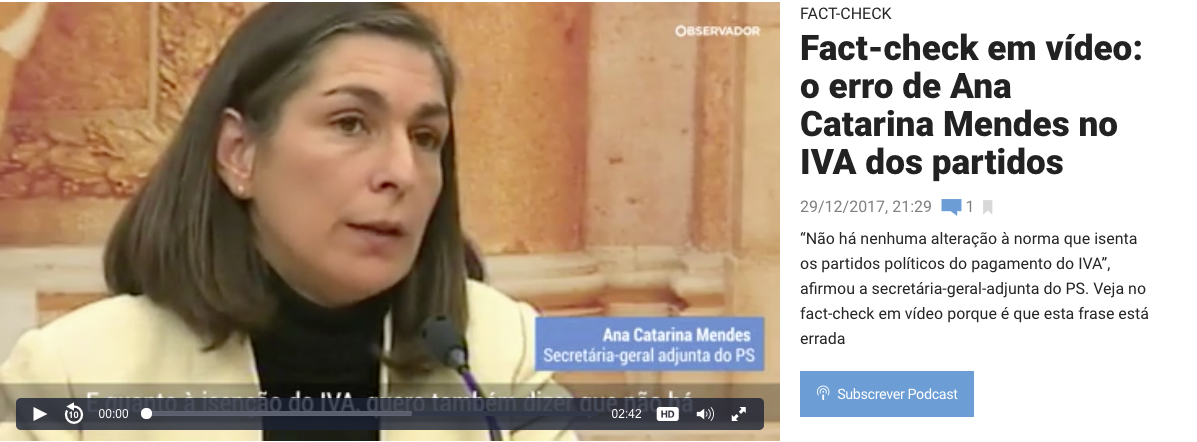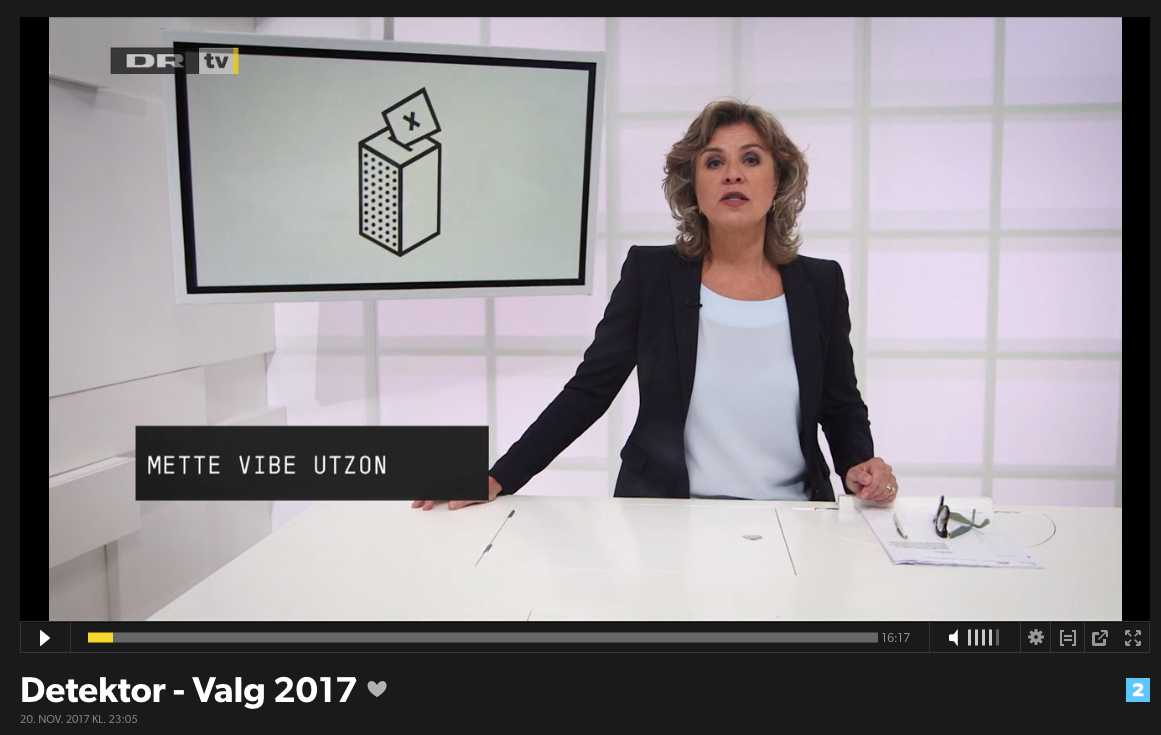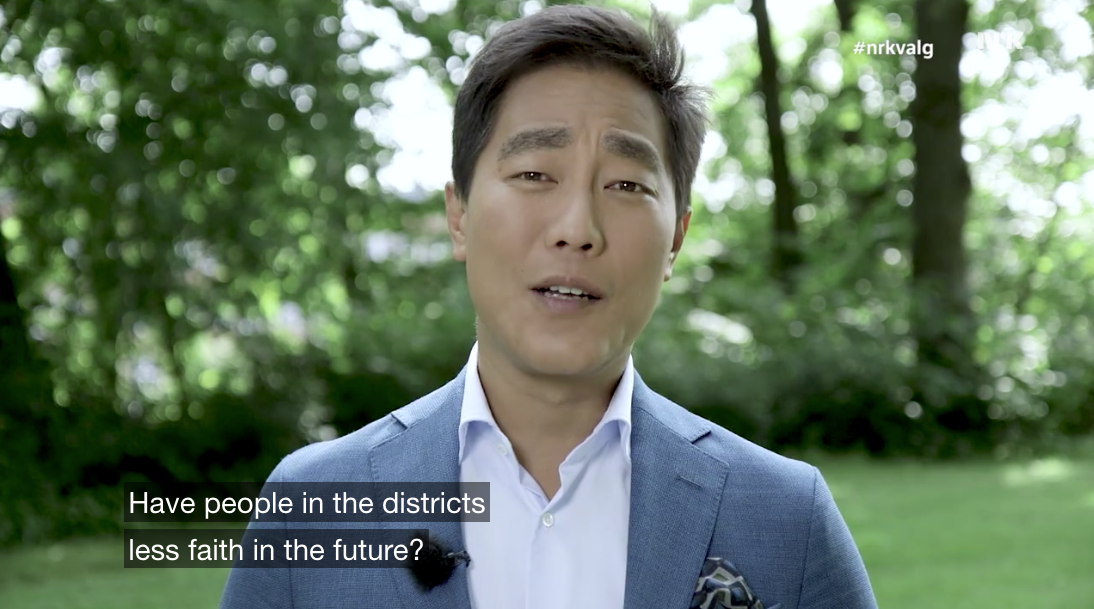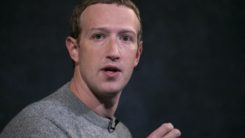Editor's note: This article has been updated with better videos for The Washington Post Fact Checker and Istinomer, as well as more context for Rouhani Meter's video.
If you want to explore fact-checking around the world, all you have to do is press play.
While last year American news outlets made the dreaded pivot to video at a perilous rate in a half-baked attempt to make up for lagging pageviews, fact-checkers around the world have increasingly used the medium as a complement to their work. Only metrics will tell whether or not these efforts are successful, but at least one study suggests that video as a format for fact-checking may be more effective in changing people’s misperceptions.
Regardless, the growth in video became abundantly clear last week when Olena Shkarpova, manager of VoxCheck in Ukraine, reached out to the International Fact-Checking Network’s listserv asking for good examples of video fact checks. The responses were overwhelming.
Nineteen fact-checking outlets operating anywhere from the United Kingdom to Iran responded with some of their favorite video fact checks within a few hours, the formats of which are as diverse as their publishers. Here’s a compilation of the highlights, broken up by format.
Animated
Liberation’s Désintox (France) produces animated fact-checking videos for the French-German TV channel ARTE. Here’s one from season two about livestock and greenhouse gases, complete with cow cartoons.
This video from Factcheck.org (United States) about a loan to Donald Trump from his father got 2.7 million views and more than 23,000 shares.
Faktisk (Norway) uses a social media-oriented approach for the video debunks on its Facebook page. Here’s a popular one about a fake story claiming Islam took over Norway’s capital.
From Pagella Politica’s (Italy) chalkboard video series called “Spot Checking,” here’s a fact check of the number of college graduates in the different parties represented in Italy’s Chamber of Deputies. The organization also shares the videos with Agenzia Giornalistica Italia.
Native
Checked from 15min (Lithuania) did a video fact check of a politician’s statement about the public’s knowledge of a government investigation.
Le Monde’s Les Décodeurs (France) primarily published videos during elections, like this one on a right-wing primary debate.
Speaking of taxes, Observador (Portugal) covered a false claim from politician Ana Catarina Mendes.
This video from The Washington Post Fact Checker (United States) serves as a guide for all of the sexual assault allegations against Donald Trump.
GIFs
(Are GIFs videos? Probably not. But we love GIFs.) Chequeado (Argentina) started using GIFs to distribute fact checks in 2016. This one’s about a politician’s claim regarding pension increases.
TV
The Danish Broadcasting Corporation’s (DR) show Detektor (Denmark) is dedicated to fact-checking politicians in real time. Here’s an episode about politicians’ statements leading up to local municipal elections.
The Norwegian Broadcasting Corporation (Norway) has a spinoff of DR’s fact-checking show by the same name. This one’s about tax distribution across the country.
El Objetivo (Spain) has a primetime show where hosts usually fact-check statements live, but they published this video about the Catalan referendum online.
Before cutbacks, TheJournal.ie’s FactCheck (Ireland) used to tweet short video fact checks to try and reach a larger audience — like this one about whether or not the prime minister called Donald Trump a racist.
Enda Kenny's claim, that he never called Donald Trump "racist", is Mostly TRUE. https://t.co/3r852ZJVkr pic.twitter.com/kkHIIxzZ89
— TJ_FactCheck (@TJ_FactCheck) March 17, 2017
Rouhani Meter (Iran), a project of Toronto-based technology group ASL19, recently started experimenting with video. Here’s a fact check of the regime’s claim that it would stop barring politically active students from their education.
ویدیو: با توجه به اتفاقهای کنکور ارشد و دکترای۹۶، به نظر میرسد نه تنها دولت روحانی در بازگرداندن همه دانشجویان ستارهدار به دانشگاه موفقیت کسب نکرده، بلکه در سال جاری به شکل رسمی اقدام به "ستارهدار" کردن دانشجویان کرده است.https://t.co/LTjIhltPNA pic.twitter.com/MTNBsovszj
— روحانیسنج (@RouhaniMeter) December 12, 2017
YouTube
Animal Político (Mexico) collaborated with Vice News, HuffPost Mexico, Cultura Colectiva and others on a multimedia campaign about Mexico State Gov. Eruviel Ávila’s promises.
In this video, Doğruluk Payı (Turkey) fact-checked the prime minister’s claim about the Eurasia Tunnel being the deepest in the world. Find more, as well as informative videos about subjects like the economy, on Facebook.
Fact-Nameh (Iran), also a project of ASL19, has a fact check of an economic adviser’s statement about per capita income in the country.
Full Fact (United Kingdom) has published a series of videos around major political events like the Brexit referendum and the 2017 general election. This one addresses the U.K.’s European Union membership fee.
Istinomer (Serbia) fact-checked campaign videos during an election using — wait for it — videos.











